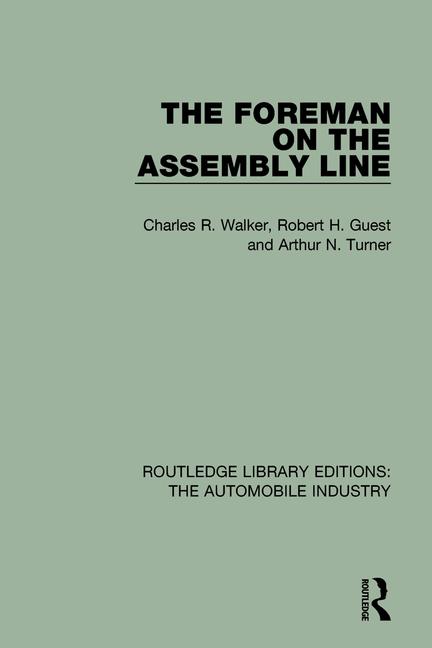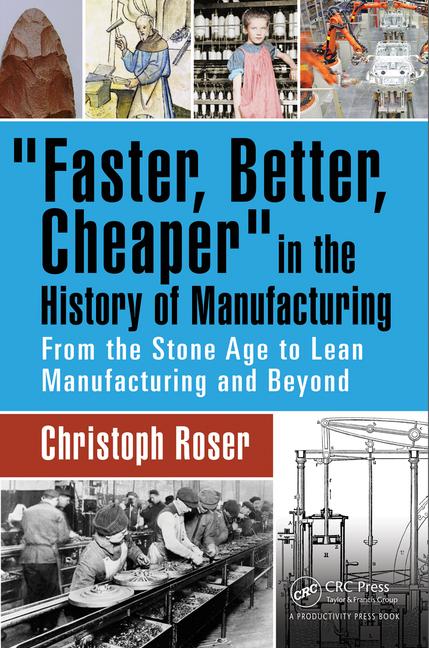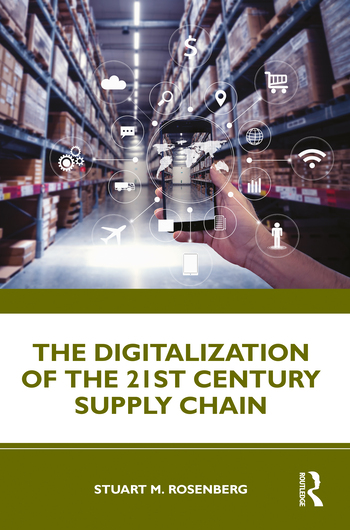State officials should proceed carefully before getting into a bidding war for a new assembly plant.

Dell is closing its state-of-the-art assembly plant in Winston-Salem, NC, just four years after it opened. Photo courtesy Dell Inc.
We can hardly blame Harley or the four states for participating in the high-stakes game of assembly plant sweepstakes. CEOs would be foolish to overlook any advantage they can get, and governors like to get re-elected.
Nevertheless, state officials should proceed carefully before writing generous, taxpayer-funded checks. Recent events in North Carolina serve as a cautionary tale. On Oct. 7, Dell Inc. announced that it would close its Winston-Salem assembly plant by the end of January 2010, costing 905 people their jobs. The announcement came just four years after the computer maker opened the facility to great public fanfare.
Five years ago, when Dell was courting suitors, North Carolina politicians boldly predicted the plant would employ 1,500 people and generate some 500 additional indirect jobs. Because the facility was expected to have a $24.5 billion economic impact over 20 years, lawmakers justified offering Dell an unprecedented package of tax breaks and grants worth up to $318 million.
Even with the promise of 2,000 jobs, the deal raised a few eyebrows. Indeed, a group of North Carolina taxpayers unsuccessfully sued the state, arguing that tax breaks for individual companies harm the public and give the recipients an unfair advantage.
Today, the plaintiffs must feel a bitter vindication. The plant never did employ 1,500, and the company has always been cagey about how many people worked there. Moreover, it’s unclear how much of their investments state and local governments can recoup. Publicly, Dell has pledged to repay some $15.5 million to Winston-Salem and $1.5 million to the state. However, millions more spent for infrastructure improvements and workforce training will never be recovered.
Certainly, a major assembly plant would be a boon to any local economy, but the game of one-upmanship among states can get expensive for taxpayers. We question whether manufacturers even need incentives. After all, if they want or need to locate their plants in the United States, they’ll have to build themsomewhere.
Governments should get out of the incentives business. We believe manufacturers should stand or fall on their own merits, not handouts. If governments help anyone, it should be small, locally grown businesses that are more likely to stick around for the long term-not multinational corporations with more than $61 billion in annual revenue.






